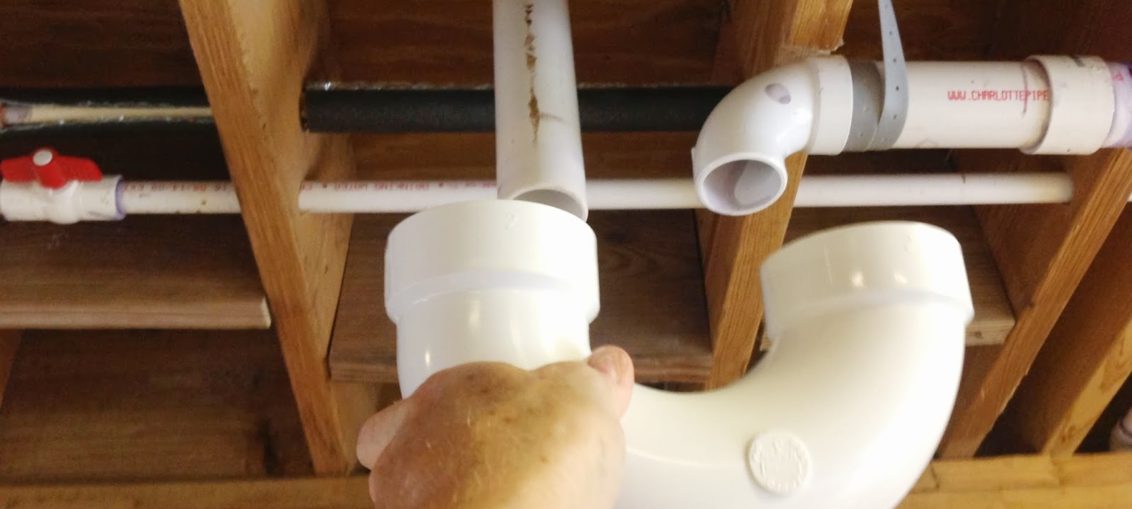
Smelly shower drains in your Australian home are unpleasant instances that could completely ruin your day. Having visitors around, while your showers are suffering from the unwanted smell coming from your drains would be embarrassing as well. Smelly shower drains can be easily prevented, but negligence and poor hygiene practices can cause severe issues that may require immediate action and fix from a professional.
There are four common reasons that cause foul odours in shower drains – clogs, dry P-traps, biofilm buildup, and leaking in pipes.
Clogs in Drains
Drains are usually prone to clogs, Some of the most common cause of clogs in drains comes from the toiletries that you use, such as soap and shampoo. As well as mineral deposits, dirt, sand, and small items. If these items happen to enter your drains without being noticed, they can eventually block and cause your drains to function inefficiently.
One of the most common DIY solutions for clog drains is by pouring a mixture of baking soda and vinegar down the clogged drain. You can also use a snaking tool to be able to physically remove any clogs that may be causing the blockages in your drains. However, in older houses, using baking soda and vinegar solution might not be good for your old pipes. Severely clogged shower drains on old houses with old pipes may require the help of the best plumber Sydney for emergency plumbing services. Mineral deposits, dirt, sand, and small items can also cause blocks and clogs in your shower drain.
Dry P-traps
P-traps are essential plumbing fixtures that prevent sewer smells from entering your homes. For it to function well, P-traps are required to maintain a certain level of water inside to prevent bad odour from entering. When P-traps are dried out, due to a leak or for any other reason, it will not be able to block the unwanted smell from your sewer. A best plumber Sydney can easily do this job for you.
Keeping your P–traps in top shape helps in keeping bad odour away. It should be protected with cents and should have proper ventilation to allow your plumbing to breathe. If you think your P-trap is the main culprit for the nasty smell that your shower drains are releasing, immediately call help from a professional plumber to get the job done.
Biofilm Buildup
The buildup that we see around an open shower drain is not entirely soap. It is actually bacterial buildup and it can be also present in other plumbing fixtures and pipe walls in your home. It is a collection of several species of bacteria together with their organic waste. When they begin to smell, it may become a threat to the health of your household. Severe biofilm build-up can also cause clogs in your pipes and drains.
Regular cleaning and maintenance can help prevent biofilm buildup. You can use alcohol and bleach biofilm to clean easy to access areas in your shower drains.
Leaky Pipes
Leaking pipes is one of the severe cases that may cause an unwanted smell from your shower drain pipes. Leaking pipes located in bathroom walls and under the shower area may allow sewer gas to enter your plumbing system and your home. This gas is known as hydrogen sulphide. If you notice the smell of sewage or rotten eggs coming from your shower drains, you might want to seek the help of a professional plumber to resolve the problem.
To avoid leaking pipes that may cause your drains to smell, you should have your pipes regularly checked, at least once a year, and maintained by a licenced plumbing expert. Loose connections, perforations, or improperly installed pipes can cause these leaks.
Smelly shower drains are plumbing issues that can be easily prevented with regular cleaning and maintenance. Take time to remove soap residue and hair falling in your shower drains to prevent build up in the future. Clean your bathroom areas regularly with bleach to kill bacteria and other organisms that may not only clog and cause bad odours in your drains but are also dangerous for your health.
Cleaning your drain pipes with a mixture of baking soda and vinegar on a regular basis might also help, but to be more efficient and to ensure that there are no other unseen issues with your plumbing system, regular visits and maintenance from your trusted plumber would be a wise investment.
